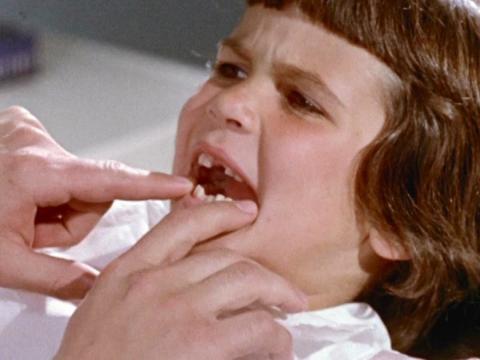Leeds United working to incorporate oral health into athletes’ wellness plans
Poor oral health can have a significant impact on athletic training and performance. To reverse this trend, notable health professionals in the sports community are working to incorporate oral health into athletes’ wellness plans.
"There is nothing more annoying than a player missing a game for a problem that was preventable or could have been treated earlier."
Oral injury or trauma are not the only dental dilemmas that arise while practicing sports: sports-related stress can lead to dehydration, dry mouth, and teeth-grinding. Energy beverages and certain foods and supplements contain added sugars and acidic ingredients, which can cause caries and increase the risk of gum disease and tooth erosion. A dental emergency – such as a gum abscess, infected tooth, or wisdom tooth eruption – before a competition can impair performance or even prevent the athlete from participating at all.
How to safeguard oral health for optimal athletic performance
FDI recommends wearing a mouthguard (custom-made is best) when engaging in contact sports, even if the sport is practiced occasionally. FDI also advises athletes to brush their teeth twice a day for two minutes with a fluoride toothpaste; visit the dentist at least once a year; counteract the effects of acidic and sugary energy foods and drinks by rinsing with water afterwards; and opt for water to stay hydrated throughout the day.
Find out more...
Whether athletes practice their sport as a hobby or professionally, their oral health is an important element of their general health and impacts their athletic performance.


